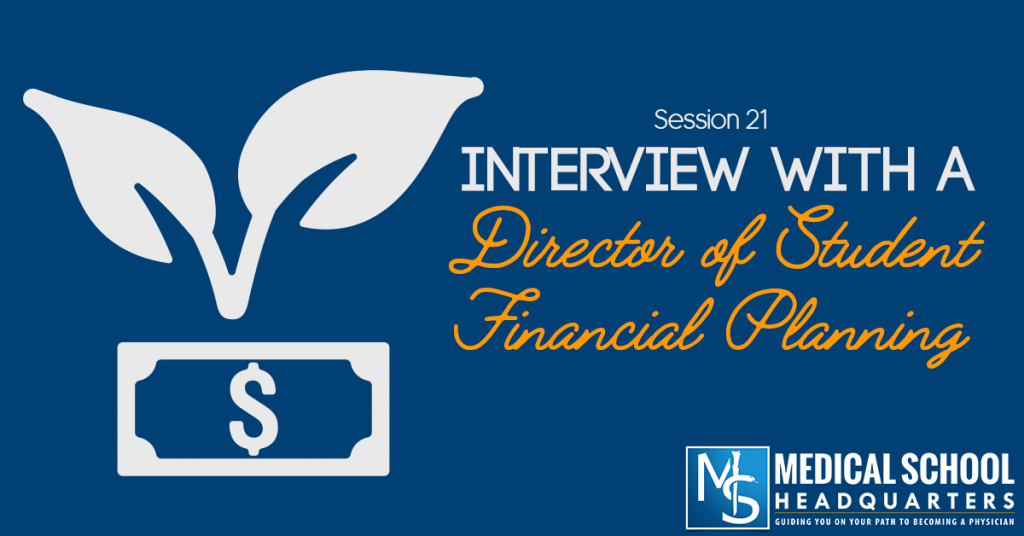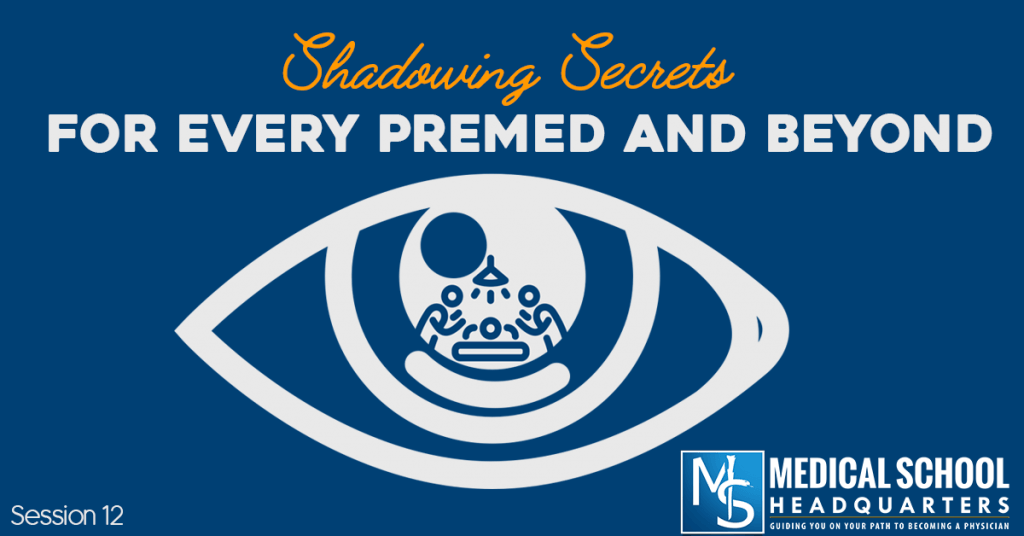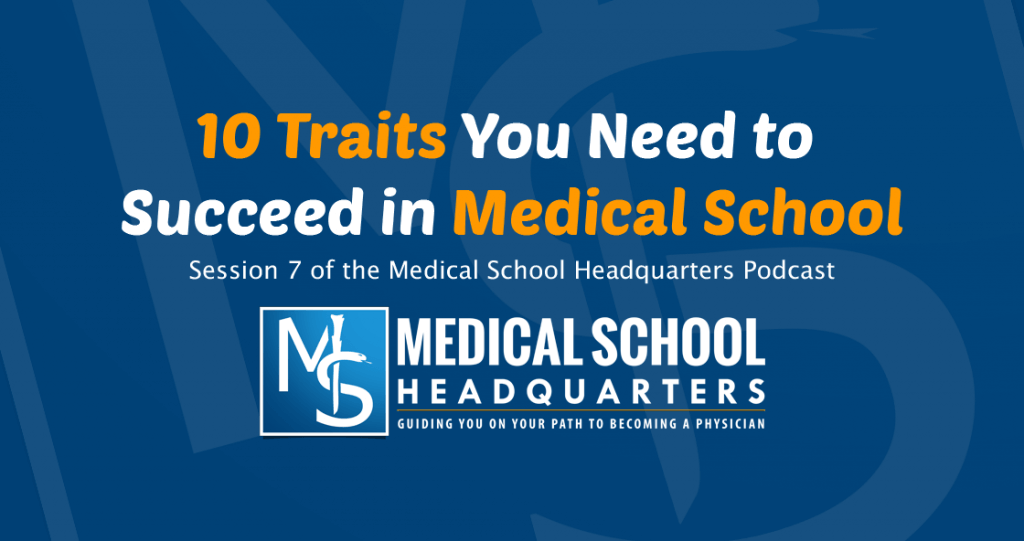Medical Student
Interview with a Director of Student Financial Planning
Financial planning for medical school, and looking at your options for student loans should be like shopping for the lastest and greatest smartphone. We can easily recite prices and numbers for phones, but when it comes to comparing different options to help pay for our studies, we’re all clueless.
Read MoreTen Tips for Successfully Starting your Intern Year
Congratulations you Matched!…Now What?
The third thursday in March, known as Match Day, has come and gone. Thousands of 4th year medical students around the United States have opened their envelopes and learned where they will be spending the next three to seven years of their lives. Hopefully you are one of the many students who smiled, shouted with excitement, or shed tears of relief and joy. The long journey of the residency application process has ended, and graduation is fast approaching. Soon, you will receive your diploma and take the Hippocratic Oath; with those words you will become a physician. And as the era of your time as a medical student ends, a new era will begin – your residency.
Read MoreCome Listen to Me on the Lost in PreMed Podcast
Today, Will from the Lost in PreMed Podcast (lostinpremed.org) released an episode of his podcast that featured an interview with ME!
Will asked a ton of great questions about what it’s like to be a flight surgeon in the United States Air Force, what I thought about the HPSP (health professions scholarship program) and we talked about this website a little.
Important Details About (Almost) Every Medical Specialty
At the time of this writing, there are 26 medical and surgical specialities to choose from when applying for residency in the Match. These include: Internal Medicine, Pediatrics, Internal Medicine/Pediatrics, Family Medicine, Emergency Medicine, Neurology, Child Neurology, Psychiatry, Dermatology, Radiology, Radiation Oncology, Nuclear Medicine, Medical Genetics, Physical Medicine and Rehabilitation, Pathology, General Surgery, Thoracic Surgery, Orthopedic Surgery, Otolaryngology (ENT), Ophthalmology, Plastic Surgery, Neurosurgery, Obstetrics and Gynecology, Urology, Anesthesiology, and Preventative Medicine.
Many of these fields contain subspecialties which can be pursued during fellowship training after residency. This means that there truly is something for everyone!
Shadowing Secrets for Every Premed
Allison and I join forces again for another session of The Premed Years.
For this session we talk about shadowing. We’ve already done a post about shadowing physicians, but we thought it would be good to revisit the subject since it seems to be a common question among premed students.
Jargon Every Medical Student and Premed Should Know
Medical terminology hits you like a brick wall when you start medical school. Suddenly you’re expected to be able to say and spell words like “keratoconjunctivits” or “leukoencephalopathy.” While learning…
Read MoreChoosing Your Specialty: 8 Things to Think About
Selecting which field in medicine you are going to pursue can be a difficult decision for some medical students. Some students already know what specialty they want to pursue even before they start orientation. Others start to get anxious as the end of 3rd year draws near, desperately trying to figure out which field suits them best. Many use the process of elimination as they move from one clinical rotation to the next, crossing off fields of medicine they don’t like and making a list of those they do. Only 5 or 6 fields of medicine are represented in the required 3rd year clinical rotations, so exploring other specialties is often necessary. The following will hopefully help you in making your decision.
Take every opportunity to explore!
All medical schools require students to pass the following required 3rd year clinical rotations: Internal medicine, pediatrics, OB/GYN, and surgery. Many also require neurology, family medicine, emergency medicine and radiology. Therefore, if you are interested in ophthalmology, ENT, or orthopedics, you may be asking, when am I going to find out if I really want to pursue this specialty? Some schools provide elective time during the 3rd year, while many do not. As such, there is the summer between the 1st and 2nd years of medical school as well as some time early in 4th year.
Read MoreInterview with WhiteCoatDO.com Publisher Ryan
Ryan is an MS1 (1st year medical student) and is at Western University College of Osteopathic Medicine of the Pacific. He blogs at WhiteCoatDO.com and his old website is PracticalPremed.com. He studied microbiology at UC Santa Barbara and shares how his undergrad classes has helped him in medical school.
Ryan talks about the transition from undergrad to medical school and how he’s studying 8 hours a day. He had heard from others about how much there was to study, but he never believed it. Now he’s living it!
We have a brief discussion about some recent news about some medical schools offering 3 year medical school curriculum.
Read More10 Traits You Need to Succeed in Medical School
The Premed Years has reached 7 episodes! In this podcast I have a special guest co-host, my wife, Allison Gray. As of the publishing of this podcast, she is a Senior Neurology Resident in her last year of residency at Massachusetts General Hospital and Brigham and Women’s Hospital in Boston. You can read more about her in our About page.
We received a very personal email from a reader describing her own struggles and her dream of becoming a physician; she also asked some important questions, and we wanted to answer her question and make our answer available to everyone, so we did a podcast about it.
Welcome to The Premed Years!
In this session of The Premed Years I give a brief introduction to the origins of MedicalSchoolHQ.net and why it was started. I talk about why I think podcasting is the next step in bringing great premed information to the masses.
I also take you down my path to becoming a physician and the obstacles that I (like many others) had to overcome.
Read More




